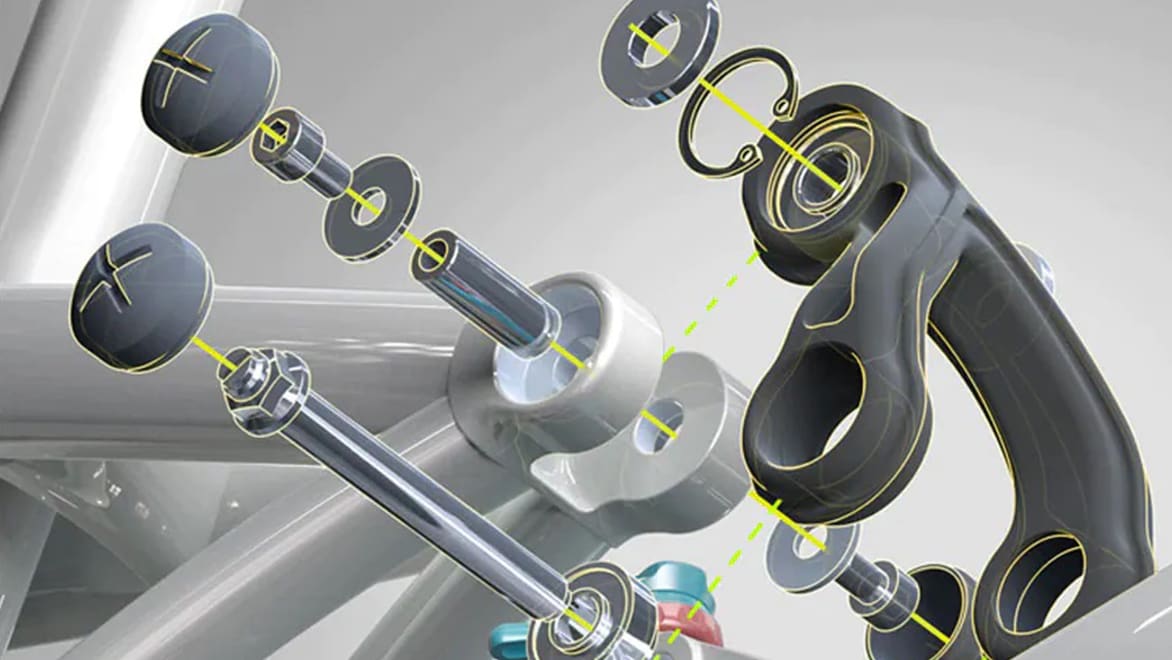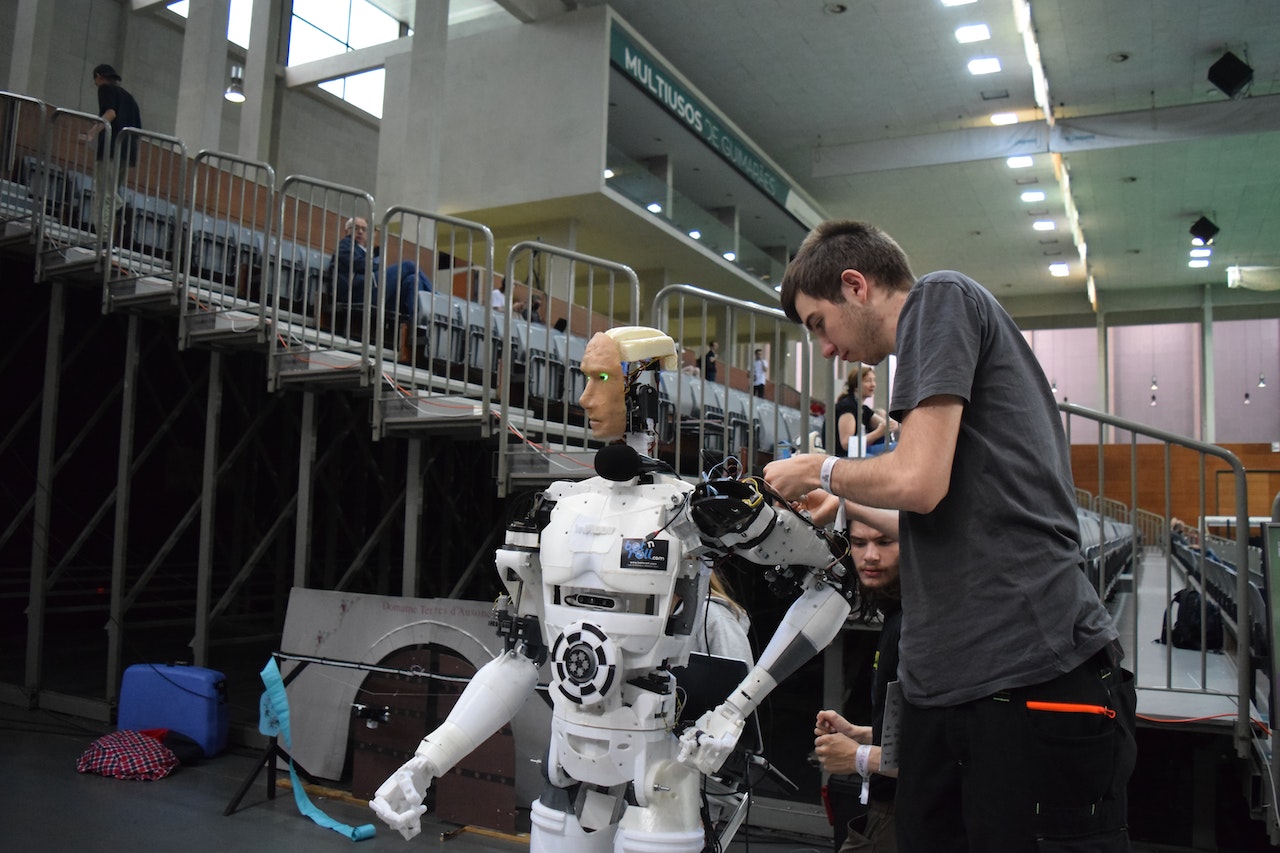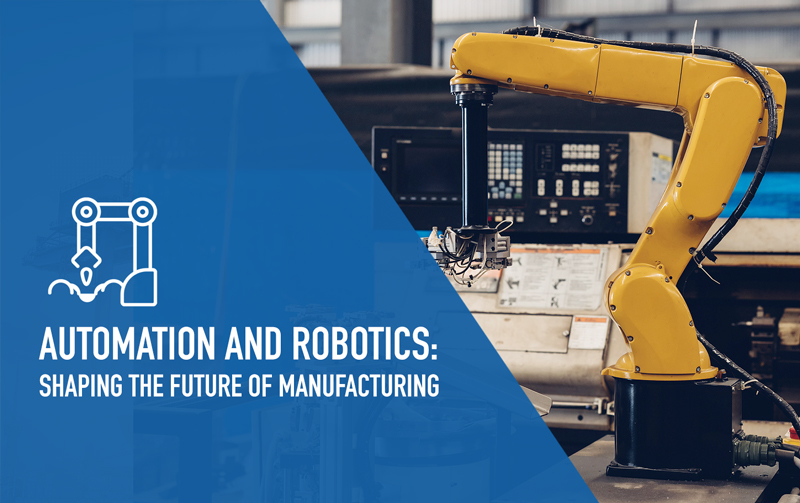Exploring the Latest Advances in Mechanical Engineering
Mechanical engineering is a dynamic field that constantly pushes the boundaries of what is possible. With advancements in technology and innovation, new breakthroughs are continually emerging, revolutionizing the way we design and manufacture mechanical systems. In this blog post, we will delve into the latest advances in mechanical engineering, providing valuable insights into the cutting-edge developments in the industry.
1. Additive Manufacturing: Revolutionizing Production Processes
One of the most exciting advancements in mechanical engineering is the emergence of additive manufacturing, commonly known as 3D printing. This technology has transformed traditional manufacturing processes by enabling the creation of complex and customized parts and components with unprecedented levels of precision. Additive manufacturing has found applications in various industries, including aerospace, automotive, and medical, where it has the potential to reduce costs, enhance efficiency, and unlock new design possibilities.
2. Robotics and Automation: Efficiency and Safety Boosters
Robots, combined with automation, have significantly impacted mechanical engineering practices, especially in industries that require repetitive tasks or involve hazardous environments. Robotics and automation technologies streamline processes, increase productivity, and improve safety in manufacturing, assembly, and logistics operations. From collaborative robots (cobots) that work alongside humans to autonomous systems that perform complex tasks, the advancements in robotics are transforming various industries.
3. Internet of Things (IoT) and Smart Systems: Connectivity and Data-driven Insights
The integration of the Internet of Things (IoT) and smart systems has given rise to the concept of Industry 4.0, where machines, devices, and systems are interconnected and communicate with each other. With IoT sensors collecting real-time data, mechanical engineers can monitor performance, detect anomalies, and optimize operations remotely. This connectivity and data-driven approach enhance predictive maintenance, improve energy efficiency, and enable faster decision-making, leading to significant cost savings and productivity gains.
4. Sustainable Engineering: Addressing Environmental Concerns
In recent years, there has been a growing emphasis on sustainable engineering practices to minimize the environmental impact of mechanical systems. Engineers are now incorporating eco-friendly and energy-efficient designs, utilizing renewable energy sources, and optimizing resource utilization. Advancements in materials science have also led to the development of lightweight materials with superior strength, reducing the energy consumption and carbon footprint of mechanical structures. Sustainable engineering principles are not only environmentally responsible but also encourage long-term cost savings.
5. Computational Design and Simulation: Enhancing Efficiency and Accuracy
Computational design and simulation tools have become invaluable assets for mechanical engineers. These tools enable engineers to create virtual prototypes, analyze complex systems, and optimize designs without the need for physical prototypes. By utilizing computer-based models and simulations, engineers can visualize and test various scenarios, leading to faster iterations, reduced costs, and improved performance. Additionally, machine learning algorithms and artificial intelligence techniques are being integrated into these tools to further enhance their capabilities.
By staying up-to-date with these latest advances in mechanical engineering, professionals in the field can unlock new possibilities, overcome challenges, and drive innovation. Embracing technological advancements such as additive manufacturing, robotics and automation, IoT, sustainable engineering, and computational design, mechanical engineers can stay ahead of the curve and create systems that are efficient, cost-effective, and environmentally friendly.
In conclusion, the field of mechanical engineering is undergoing a rapid transformation due to advancements in technology. The adoption of additive manufacturing, robotics and automation, IoT, sustainable engineering, and computational design has revolutionized the way mechanical systems are designed, manufactured, and operated. By staying informed about these latest advances, mechanical engineers can leverage these tools and techniques to create cutting-edge solutions and contribute to a more sustainable and efficient future.











